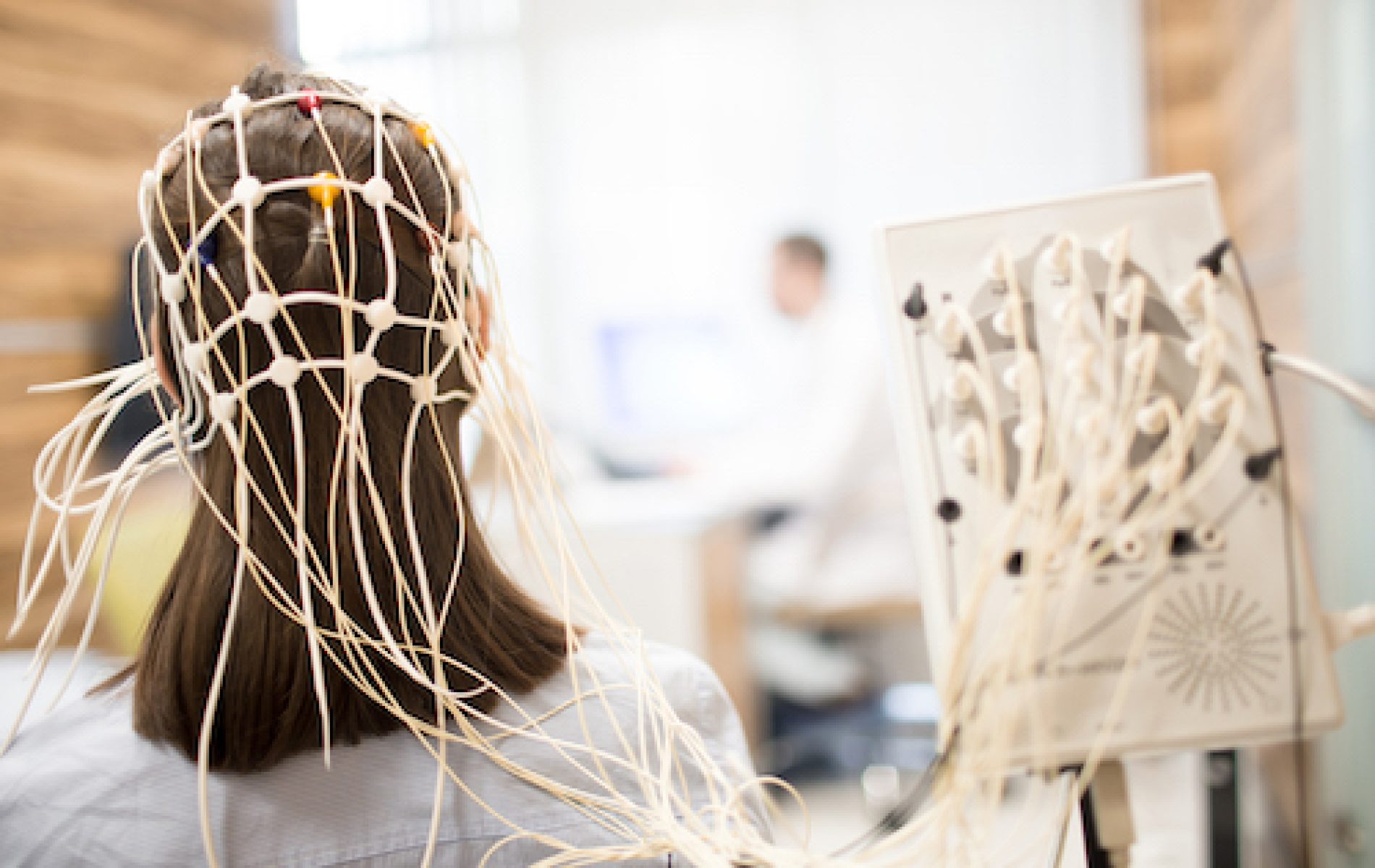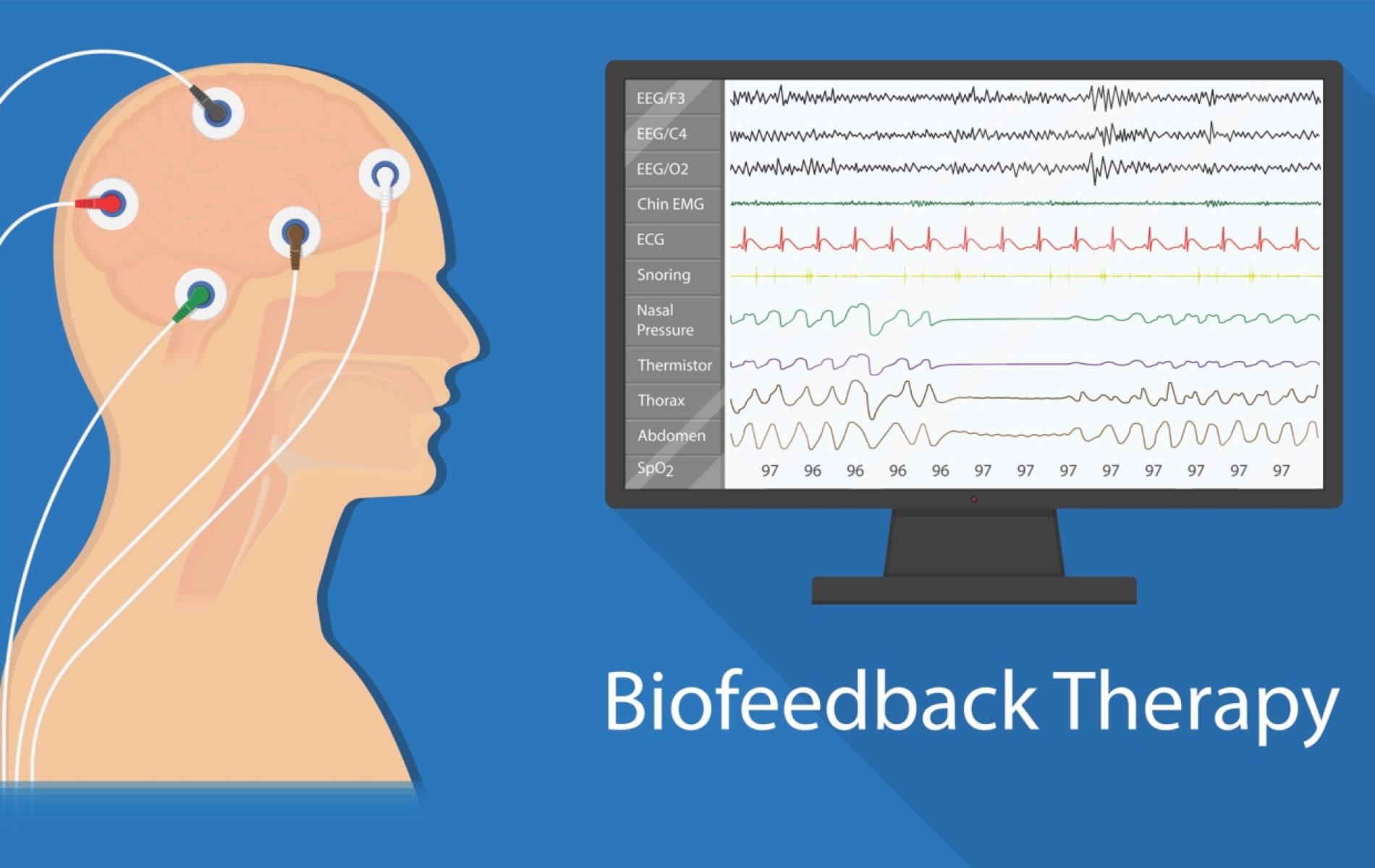 Covid-19 is more than a respiratory condition, researchers are finding. It is a condition that can pose a critical threat to many parts of the body. The heart, kidney, digestive tract, liver, blood vessels and other major organ systems such as the brain and central nervous system have been known to fall prey to this aggressive virus. But recently, concern has also risen among experts regarding the impact Covid-19, or SARS-CoV-2, has on the brain and the neurological system.
Covid-19 is more than a respiratory condition, researchers are finding. It is a condition that can pose a critical threat to many parts of the body. The heart, kidney, digestive tract, liver, blood vessels and other major organ systems such as the brain and central nervous system have been known to fall prey to this aggressive virus. But recently, concern has also risen among experts regarding the impact Covid-19, or SARS-CoV-2, has on the brain and the neurological system.
Researchers have found increased evidence for a heightened risk among sufferers of Covid-19 for conditions including mental health disorders, accelerated aging and Alzheimer’s disease. The likelihood that neurological issues will continue, with the potential of leading to disability or long term difficulty down the road, looks quite likely, according to Dr. Mady Hornig, psychiatrist and epidemiologist at the Columbia University Mailman School of Public Health.
The evidence is astonishing. Over one third of patients who have been hospitalized for Covid-19 in Wuhan, China, have experienced some degree of symptoms related to the nervous system, ranging from seizures to impaired consciousness. But the symptoms aren’t only in China. 84 percent of admitted I.C.U. patients were found to experience neurological problems, with 33 percent continuing to seem disoriented or confused upon discharge, according to French researchers.
 Covid-19 isn’t the first infection to be connected with neurological diseases. For example, Zika has been found to limit the growth of developing brains while Syphilis and H.I.V. are linked with an increased risk for dementia. Over a lifetime, obesity, sleep apnea, anxiety, and insomnia can cause various degrees of brain damage. Patients with Covid-19 appear to have a brain damage similar to a “large bolus of these things at once,” according to Dr. Majid Fotuhi, neuroscientist and neurologist at Neurogrow Brain Fitness Center and also affiliated with Johns Hopkins University School of Medicine. Dr. Fotuhi has also noted that “every neurological symptom you can think of has been reported in patients with Covid-19 who are hospitalized.” These symptoms might include (but are not limited to):Lyme disease is known to contribute to spinal cord inflammation, facial palsy and nerve pain. And one man with SARS, who had experienced delirium that preceded his coma, was found to have the virus in his brain tissue after death.
Covid-19 isn’t the first infection to be connected with neurological diseases. For example, Zika has been found to limit the growth of developing brains while Syphilis and H.I.V. are linked with an increased risk for dementia. Over a lifetime, obesity, sleep apnea, anxiety, and insomnia can cause various degrees of brain damage. Patients with Covid-19 appear to have a brain damage similar to a “large bolus of these things at once,” according to Dr. Majid Fotuhi, neuroscientist and neurologist at Neurogrow Brain Fitness Center and also affiliated with Johns Hopkins University School of Medicine. Dr. Fotuhi has also noted that “every neurological symptom you can think of has been reported in patients with Covid-19 who are hospitalized.” These symptoms might include (but are not limited to):Lyme disease is known to contribute to spinal cord inflammation, facial palsy and nerve pain. And one man with SARS, who had experienced delirium that preceded his coma, was found to have the virus in his brain tissue after death.
- Dizziness
- Headache
- Stroke
- Decreased alertness
- Weakness
- Loss of smell
- Seizures
- Difficulty concentrating
- Numbness
- Muscle pain
Other experts agree with Dr. Fotuhi. Dr. Igor Koralnik, who runs the Neuro Covid-19 clinic at Northwestern Memorial Hospital asserts that patients who recover from Covid may develop cognitive problems later in life. Some may experience confusion due to the injury to the brain caused by the virus.
Although it isn’t expected that every patient with Covid will battle brain damage, the virus still has proven to have a high probability of affecting a significant portion of patients who get hospitalized. The neurological symptoms may appear soon after a person falls ill with Covid or it might lie dormant for some time, according to Dr. Fotuhi and other experts in the field.
How Covid-19 Affects the Brain
A recent study published in the Journal of Alzheimer’s Disease, which was authored by Dr. Fotuhi and his colleagues, found that a cytokine storm can develop as the result of excess inflammation inside the linings of blood vessels. This can lead to thousands of blood clots that may lead to small or large strokes – as well as heart attacks.
The virus also has the potential to damage the blood-brain barrier – which protects the brain from chemicals that flow in the blood, according to Dr. Fotuhi. Viral particles and blood content are then able to travel into the brain, adversely affecting neurons. When neural cells are invaded, an array of cognitive problems, including long-term mental health disorders, memory loss, depression, psychosis, obsessive compulsive disorder and more.

Steps to Help the Brain Battle the Effects of Covid-19
Dr. Fotuhi says that rehabilitation is critical for patients who have had Covid-19 and have developed neurological symptoms. In order to restore brain function as much as possible, there are several steps one can take:
- Exercise regularly and more rigorously than a simple walk through the park. Vigorous exercise helps your brain to literally grow in size.
- Get adequate sleep. Aim for seven to eight hours each night. People who get less than six hours at night are at increased risk for brain conditions such as stroke or Alzheimer’s disease.
- Eliminate toxic stress as much as possible with methods such as mediation or seeing a therapist.
- Take Omega-3 fatty acids (fish oil) supplements.
- Eat a Mediterranean diet, which is heart healthy.
- Stimulate your brain by learning something new.
By taking these steps, not only can you begin to reverse any inflammation or other neurological defects associated with Covid-19, but you can also help your brain to recover from other past injury (whether you have ever suffered from Covid or not)!
Also remember that you can take steps to prevent the spread of Coronavirus and also to keep yourself from getting the sickness as laid out by washing your hands and other interventions outlined by the Centers for Disease Control.
To learn more about how Covid-19 may affect the brain, and how you can recover from any neurological symptoms associated with it, please visit us at NeuroGrow.com.
This blog was written by Ms. Courtney Cosby and edited by Dr. Majid Fotuhi.



